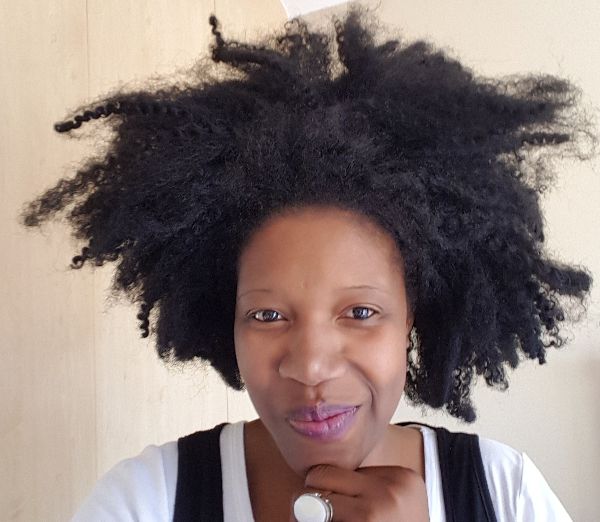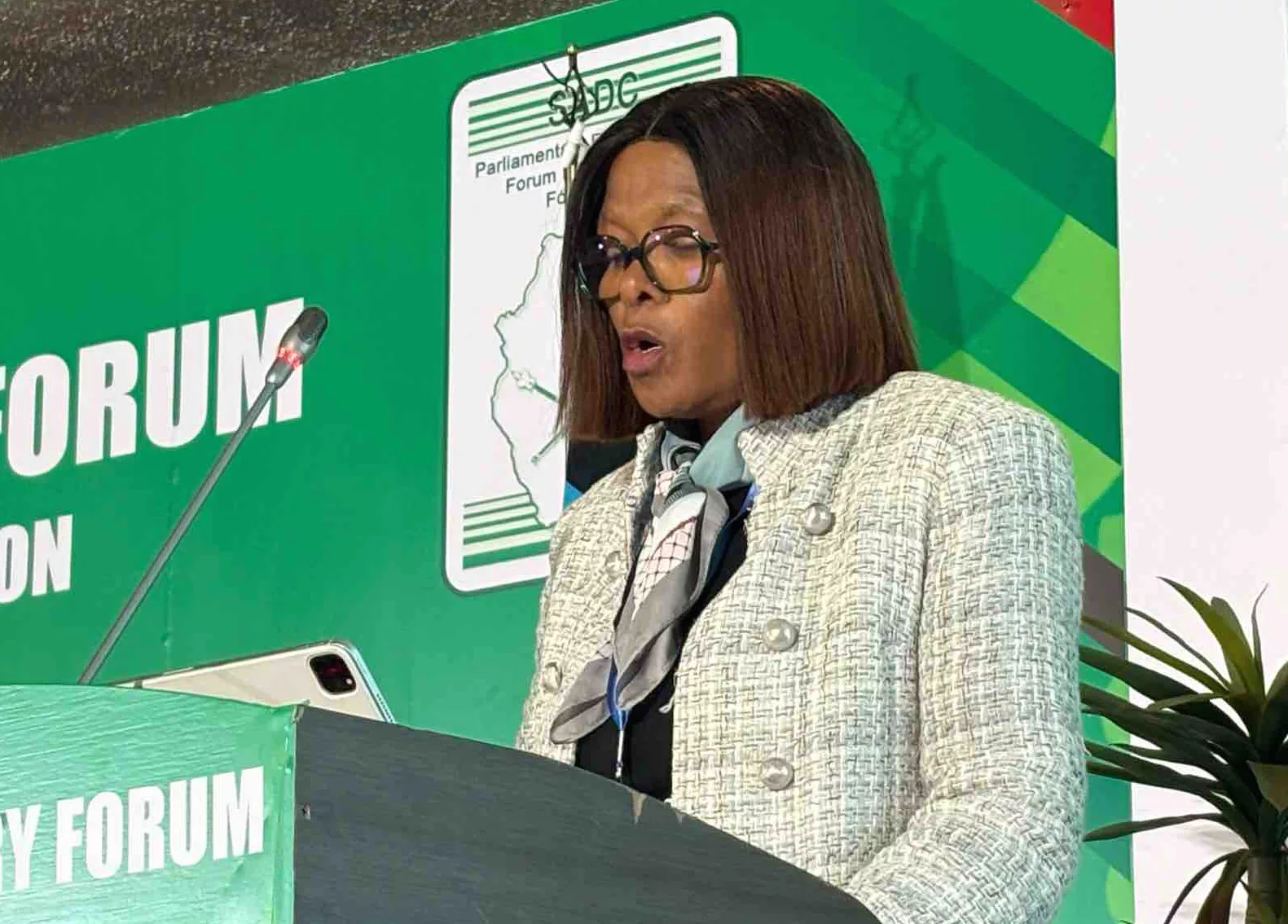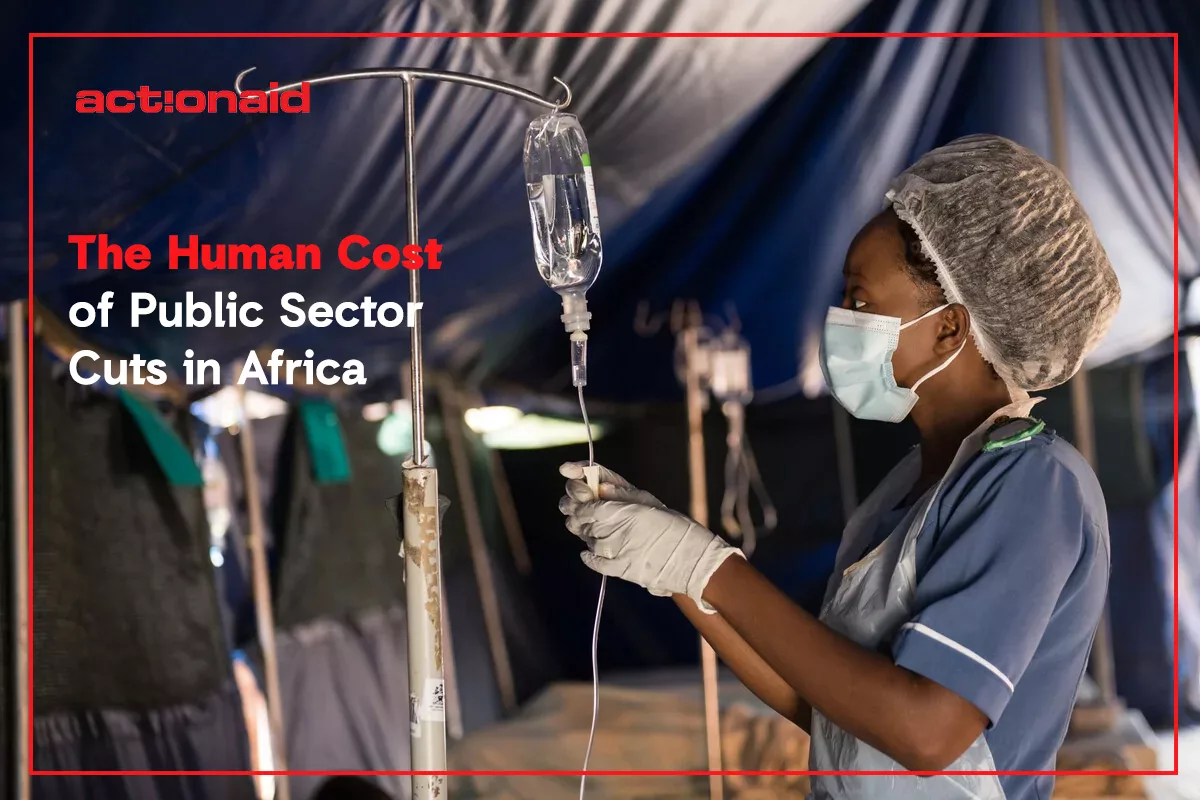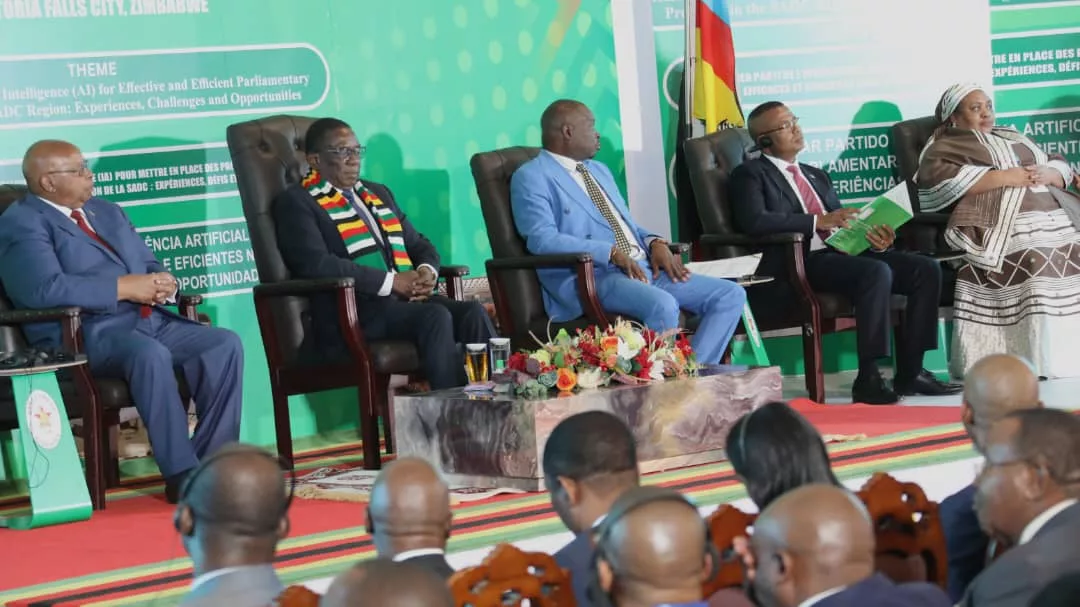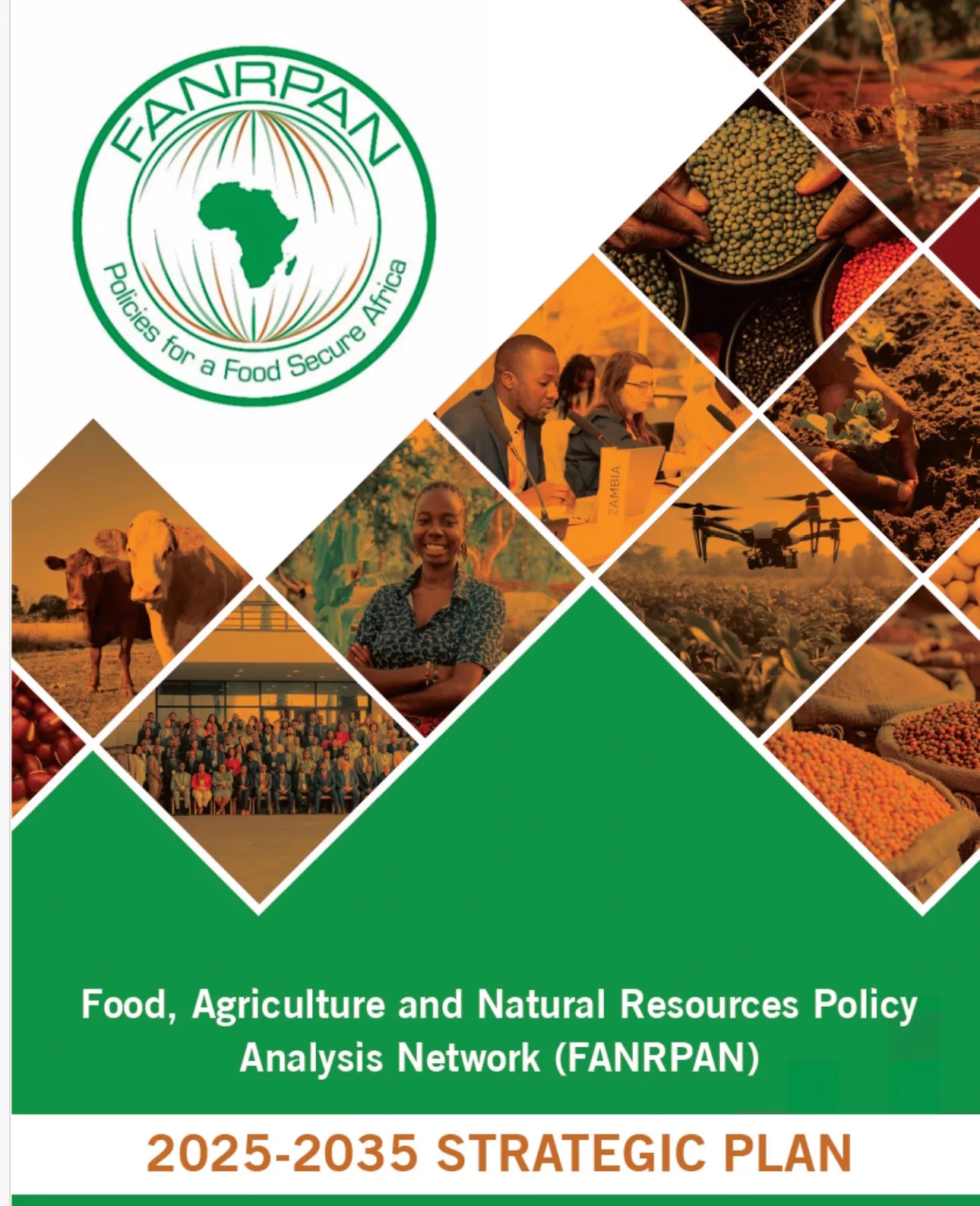|
Getting your Trinity Audio player ready...
|
By Spiked Online Media Reporter
Other women and girls complain about the high costs of sanitary wear or share their monthly periods’ dates, pain, joys, and fear, but it is not the case for Zerripa ‘Unique’ Amon Phiri (41) who was born with Mayer-Rokitansky-Küster-Hauser (MRKH syndrome).
Mayer-Rokitansky-Kuster-Hauser (MRKH) also known as vaginal agenesis, is a condition whereby a girl child is born without a womb or can have a very small, underdeveloped womb. According to some researches, MRKH syndrome occurs in 1 in every 5000 women.
Zerripa, who grew up in Chegutu, got a shock of her life when she discovered that she was born without a womb, cervix, and an underdeveloped reproductive organ – meaning to say the outer part sounds to be normal while the vaginal canal is very narrow to enable proper sexual intercourse.
She is now based in South Africa where she is seeking medical assistance. Zerippa told this reporter that she chose to give herself a middle name ‘Unique’ to show the uniqueness of her condition as she shared her extraordinary story.
“I was born with a condition called (MRKH), where you have no womb and an underdeveloped sexual organ. I don’t have a uterus nor ovaries, so I’ve never had periods. This is normal life that I know. I don’t feel bad about it for now after I got to know about the problem when I sought medical attention. People have different feelings about who I am. They can say whatever they want but I am not worried.
“I got married at 22 years of age and all my lobola was paid customarily expect the remainder that is supposed to be paid when a woman has conceived or bears a child. We spent three solid months where we had sex with my husband but there was no penetration. I experienced pain during sex and I thought it was a process of removing the virginity yet it was because of the underdeveloped reproductive organ. I never went on monthly periods hence I thought that I would have late periods as elders perceived yet time was running out. This condition can be reversed through medical surgery if discovered at a tender age. Now I’m 41 and doctors are saying it can’t, since the uterus implants can be done to women who are in their early 20s,” she said.
Her marriage was irretrievably broken down due to social pressures that were exerted to her husband by some close relatives and the society at large.
She said sexual reproductive issues affect everyone but in different ways.
“There is a large group of people who are failing to conceive or even to impregnate women due to infertility issues who often suffer in silence. Some end up committing suicide, being involved in drug abuse, domestic violence, stigma and neglect, and living a life of regretting among other negative consequences brought because of shame.
“Socially and culturally human beings are expected to reproduce and when this fails to happen women mostly are be blamed for infertility with some fingered as ‘barren’ ‘witches” or abortionists’ yet the true story lies with the individual and some conditions require scientific explanations that our societies might fail to find logic in,” she added.
Zerripa said having children should be a choice and it is not a crime if one does not have one. Therefore, societies should not put pressure on others since the real story of the human anatomy lies with an individual.
“Before and after discovering my condition, my husband used to stand by me but with more pressures from family and friends he later gave up. My own respected father-in-law even wrote a letter which I discovered in our house instructing her son to marry another woman who can bear him children and that they want grandchildren before they leave the mother earth. I still have the letter in mind which reads (It is not your fault son. You can’t live a happy life with a piece of furniture (referring to me) in your house. It’s high time that you marry another wife. I will help you pay the bride price. You know we have a lot of cattle and I’m willing to sell some for the sake of your happiness. Time is running out and you have to make this decision as soon as possible. Your younger brother already has two kids. You are left behind,” she narrated.
Zerripa is not alone in this journey as many people have started sharing their MRKH condition which has proved to be very depressing especially if one realises the functionality of crucial reproductive organs. She has written a book called “I am also a woman” based on her life experiences.
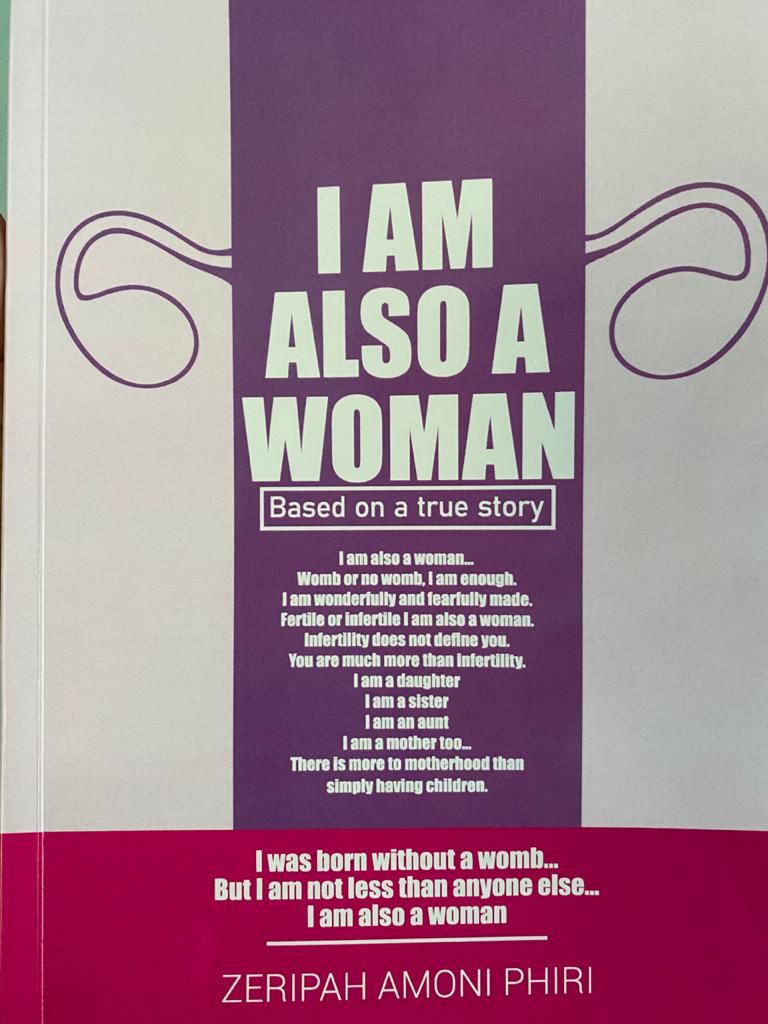
Infertility remains a neglected area in sexual and reproductive health, yet its consequences are staggering. Infertility is estimated to impact about 10–25% (estimates range from 48 to 180 million) of couples of reproductive age worldwide.
It is associated with adverse physical and mental health outcomes, financial distress, severe social stigma, increased risk of domestic abuse, and marital instability.
Although men and women are equally likely to be infertile, women often bear the societal burden of infertility, particularly in societies where a woman’s identity and social value are closely tied to her ability to bear children.
Despite these consequences, disparities in access to infertility treatment between low- and high-income populations persist given the high cost and limited geographic availability of diagnostic services and assisted reproductive technologies. In addition, a considerable proportion of infertility is a result of preventable factors, such as smoking, sexually transmitted infections, pregnancy-related infection or unsafe abortion, and environmental contaminants.
However, some infertility challenges are irreversible for instance if one is born without the requisite organs such as ovaries, uterus (MRKH Syndrome), born without the reproductive genitalia in both males and female or having them removed for certain medical reasons including accidents.
Mayer-Rokitansky-Küster-Hauser (MRKH) syndrome is a rare disorder that affects women. It is characterized by the failure of the uterus and the vagina to develop properly in women who have normal ovarian function and normal external genitalia.
Most people with MRKH cannot get pregnant, but their ovaries work normally. This means you may produce eggs. It is possible for you to have a baby through in vitro fertilization if your ovaries produce eggs.
Mr. Heaven Munyuki the Co-Founder of Mwana Chipo Africa Trust an organisation that works with women and men who are facing fertility issues said the problem is 50/50 among both sexes although societies perceive it as a women’s problem.
Mrs. Edinah Masiyiwa the Executive Director for Women’s Action Group (WAG) said the country is focusing on comprehensive sexual reproductive health rights for all.
“The Sustainable Development Goal (Global Target SDG 3.1) is to reduce maternal mortality ratio to below 70 deaths per 100 000 live births in 2030. However despite the efforts and notable progress in reducing maternal mortality has been realised, significant challenges remain as women continue to die and many lack access to sexual and reproductive health care coupled by expensive health provision services in both private and public hospitals and the effects of Covid-19 outbreak. We are working together with The Safe Engage Initiative to ensure that SRHR issues are addressed,’ she said.
She said many women get to know about their sexual and reproductive health challenges when it is too late for them to get assistance due to lack of knowledge, financial challenges, negative attitudes by some medical staff in hospitals and clinics, transport challenges to medical facilities which are often far away from communities especially in some rural remote set ups and when some conditions are complicated such as MRKH and they require medical assistance from abroad might hinder them to seek services.
A Medical Doctor with the Zimbabwe National Family Planning Council (ZNFPC), Dr Moses Macheka said the problem of infertility affects both men and women equally.
“Infertility is the inability to conceive after twelve months of unprotected intercourse. This means that a couple is not able to become pregnant after a year of trying. However, for women aged 35 and older, inability to conceive after 6 months is generally considered infertility. Some factors can be treated, some require medical surgery while others and non-reversible,” he said.
He said there are different types and stages of MRKH conditions.
“Type 1 – when only the reproductive organs are affected such as small or no vagina, uterus or cervix. Ovaries may or may not be present. Type 2 – in this type, the kidneys may be abnormally formed or positioned or one kidney may fail to develop. Affected individuals normally develop skeletal abnormalities particularly of the spinal bones and vertebrae. Females with type 2 may also have hearing loss or heart defects. The different journeys of MRKH women from all around the globe, amongst different cultures and races has always been a heavy emotional impact on us people who are diagnosed with it. It hurts that living with MRKH can be so different from one woman to the next due to the levels of care and the levels of shame but with counselling people can lead their normal lives,” he said.
There are many women living with MRKH all over the world being disowned, mistreated, abused, getting non-consensual treatment and unloved because their bodies was born this way. There are lots of cultural taboos, beliefs that a person with MRKH was be-witched


